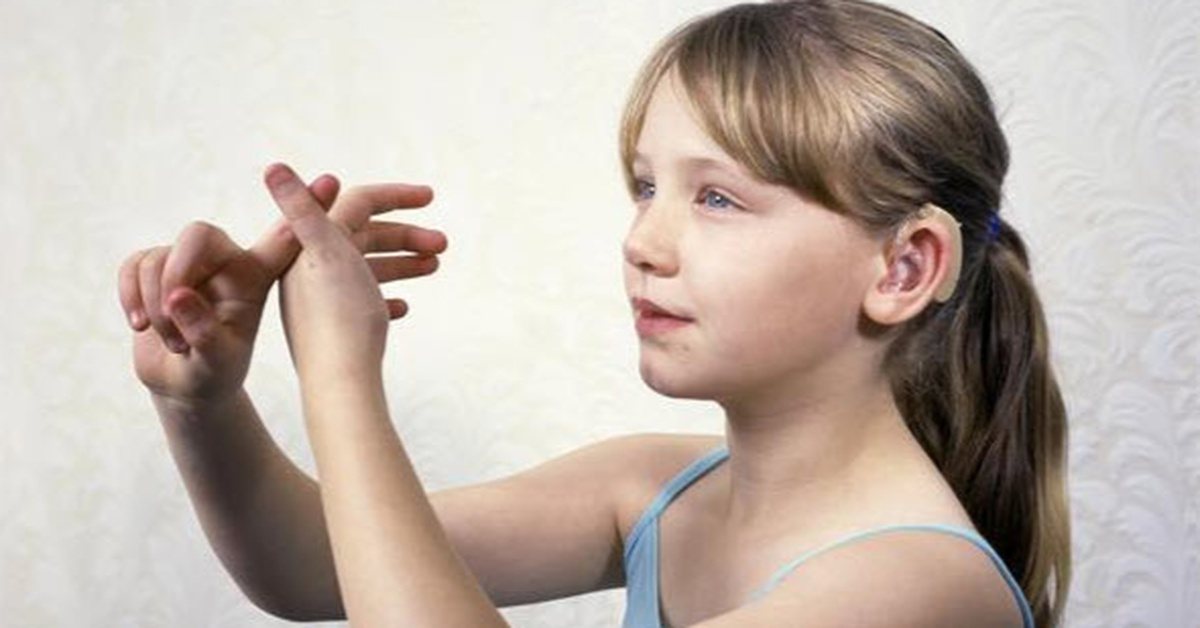It’s always amazing when a new medical discovery takes place. Sometimes, it is something that can change the course of human history and there have been amazing things that we have seen in our lifetime. It seems as if there may be something else that is on the horizon and it could change the lives of many individuals. It was discovered during a Study at the John Hopkins University School of Medicine. Researchers are claiming to have identified two proteins that may be responsible for growing cells associated with hearing.
Genetic tools were used on mice by the researchers and it was reported in Science Daily. If what they are claiming is true, it might just be a major breakthrough in helping to restore hearing in individuals who were otherwise left deaf in an irreversible way. The types of cells that may be grown using these proteins are ‘hair cells’ that are found in the inner ear of mammals.
The two proteins are Activin A and follistatin.
“In nature, we knew that Activin A and follistatin work in opposite ways to regulate cells,” Angelika Doetzlhofer, an associate professor of neuroscience at the Johns Hopkins University School of Medicine, said. “And so, it seems, based on our findings like in the ear, the two proteins perform a balancing act on precursor cells to control the orderly formation of hair cells along the cochlear spiral.”

When sound waves enter the human ear, it causes vibrations through the hairs that line the inner ear. It is estimated that as much as 90% of the genetic hearing loss that is seen these days are associated with damage to those hair cells.
Exposure to loud noises can also damage the hair cells, resulting in deafness. If the proteins that help to grow the hair cells have been identified, they may be able to repair the damage.
“Scientists in our field have long been looking for the molecular signals that trigger the formation of the hair cells that sense and transmit sound,” Doetzlhofer said. “These hair cells are a major player in hearing loss, and knowing more about how they develop will help us figure out ways to replace hair cells that are damaged.”
Source: A Plus

